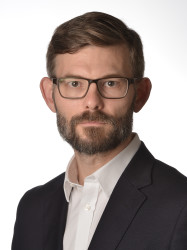BibTex format
@article{Riahi:2021:rs.3.rs-127847/v1,
author = {Riahi, K and Bertram, C and Huppmann, D and Rogelj, J and Bosetti, V and Cabardos, A-M and Deppermann, A and Drouet, L and Frank, S and Fricko, O and Fujimori, S and Harmsen, M and Hasegawa, T and Krey, V and Luderer, G and Paroussos, L and Schaeffer, R and Weitzel, M and Zwaan, BVD and Vrontisi, Z and Longa, FD and Després, J and Fosse, F and Fragkiadakis, K and Gusti, M and Humpenöder, F and Keramidas, K and Kishimoto, P and Kriegler, E and Meinshausen, M and Nogueira, LP and Oshiro, K and Popp, A and Rochedo, P and Unlu, G and Ruijven, BV and Takakura, J and Tavoni, M and Vuuren, DV and Zakeri, B},
doi = {rs.3.rs-127847/v1},
title = {Long-term economic benefits of stabilizing warming without overshoot – the ENGAGE model intercomparison},
url = {http://dx.doi.org/10.21203/rs.3.rs-127847/v1},
year = {2021}
}

